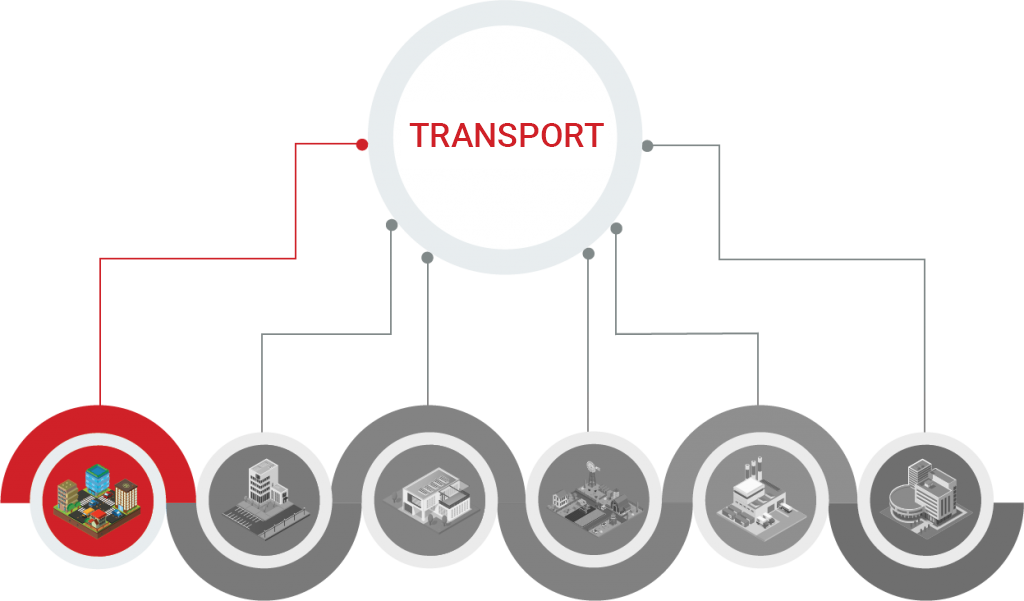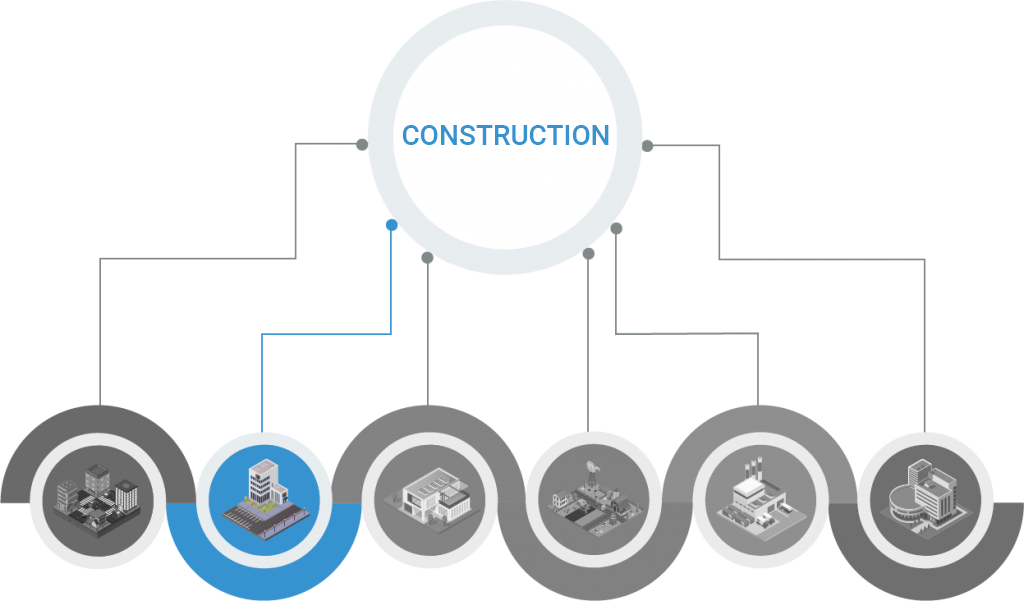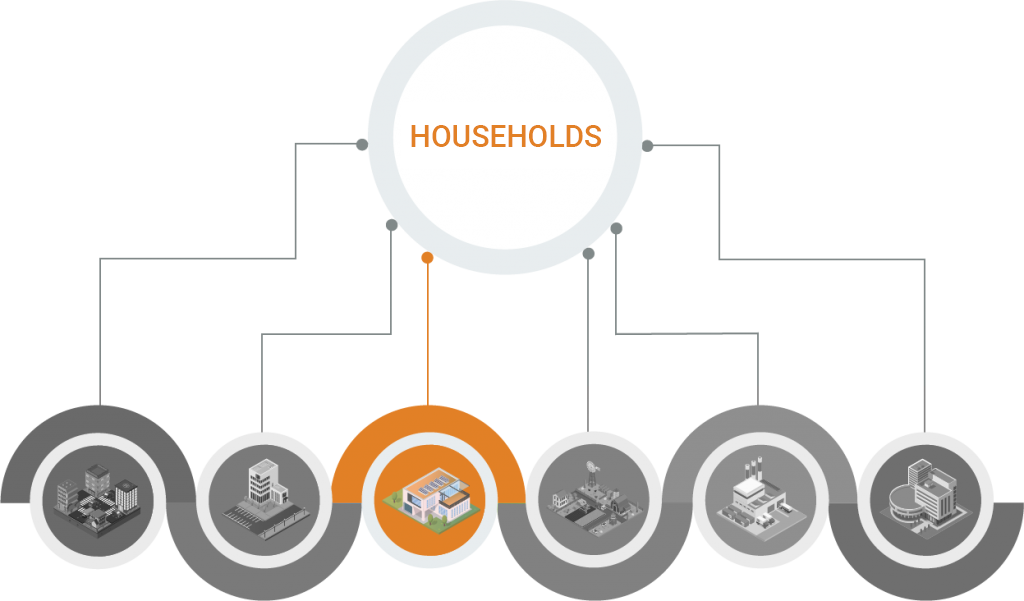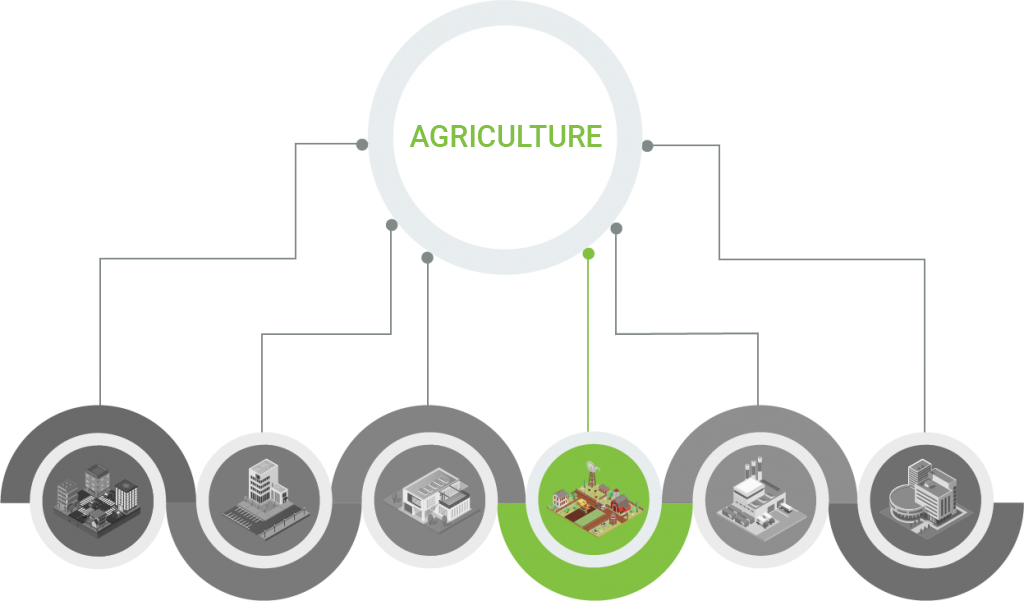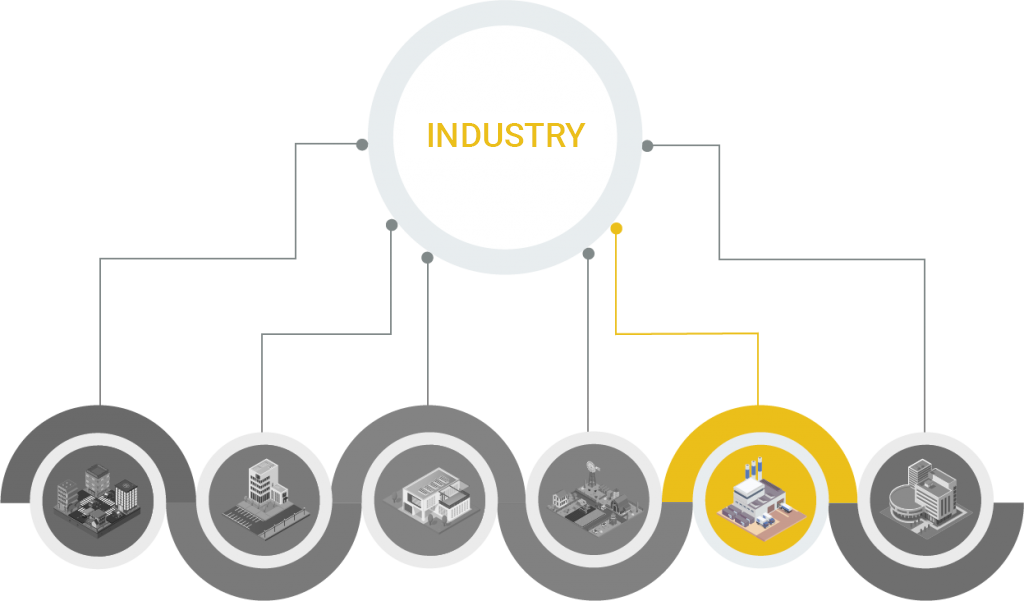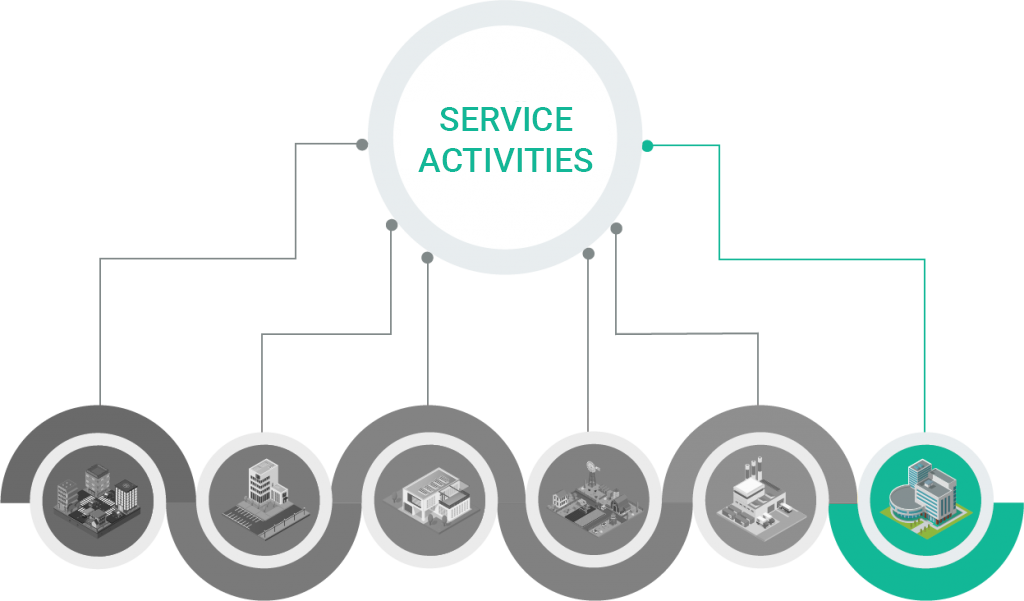Energy efficiency
EU STRATEGY FOR 2020.
Energy efficiency has been introduced into the legislation of all EU countries with the environmental objective of reducing the consumption of primary conventional energy sources. To this end, Directive 28/2009 was adopted, setting targets by 2020, which require different technical solutions:
- the use of renewable energy sources to increase by 20%
- by reducing consumption to achieve savings by 20%
- the use of renewable energy sources in transport sector to increase by 10%
- decrease emissions of greenhouse gases by 20%
WHERE TO APPLY IT?
Energy Efficiency Indicators in Electricity and Heat Consumption are considered by sectors
Industry, transport, service activities, construction, agriculture and households.
HOW TO APPLY IT?
- By increasing the heat insulation of the building envelope
- By increasing the efficiency of heating, cooling and ventilation systems
- By increasing the efficiency of the lighting system
- By using Renewable Energy Sources
- By implementating monitoring and control system of energy consumption
- By introducing more efficient electromotor drives
- By introducing energy-efficient equipment (grades A +, A ++ and A +++)
- Energy efficiency must be increased in all phases of the energy chain, from production to final consumption. At the same time, energy efficiency gains must ultimately overcome investment costs in energy efficiency.

